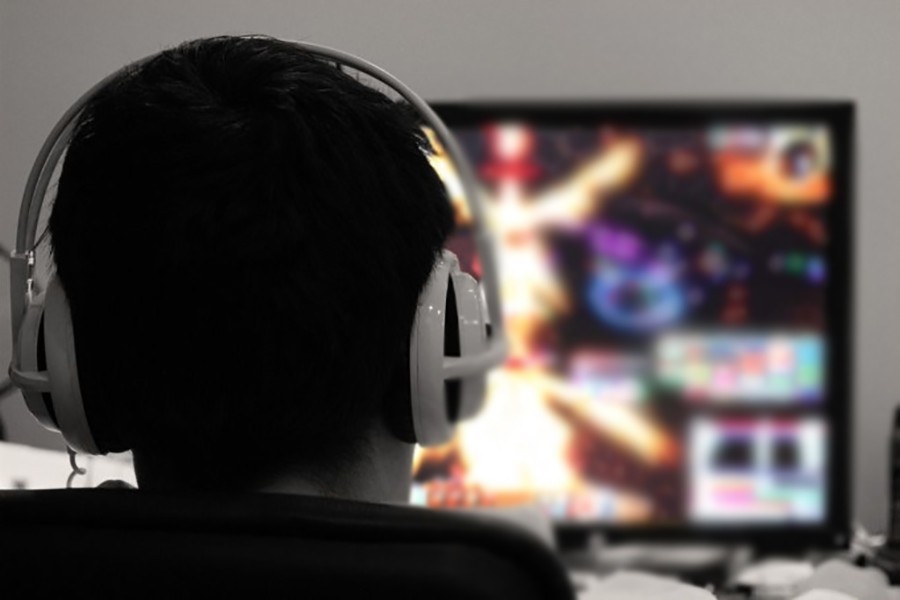Researchers from Australia's peak scientific body developed a computer game capable of helping diagnose mental health disorders.
The game, developed by the Data61 team at the Commonwealth Scientific and Industrial Research Organisation (CSIRO), presents users with two choices and tracks their behaviour as they respond.
That data was then analysed by artificial neural networks that are able to distinguish the nuanced differences between healthy players and those with bipolar disorder or depression.
It was tested on 101 participants, 34 with depression, 33 with bipolar disorder, and 34 without either.
Amir Dezfouli, the neuroscientist who led the study, said it represented a possible step-change in the emerging field of computational psychiatry.
"Currently 69 percent of bipolar patients are initially misdiagnosed, and around one-third of these patients might remain misdiagnosed for 10 years or more," he said in a media release on Wednesday.
"If we can understand how the brain works, we can develop more accurate processes for diagnosis and more effective treatments for people with mental health disorders.
"Characterizing mental health disorders in granular detail could allow clinicians to develop more personalised treatment plans based on an individual's unique diagnosis." Dezfouli said.


